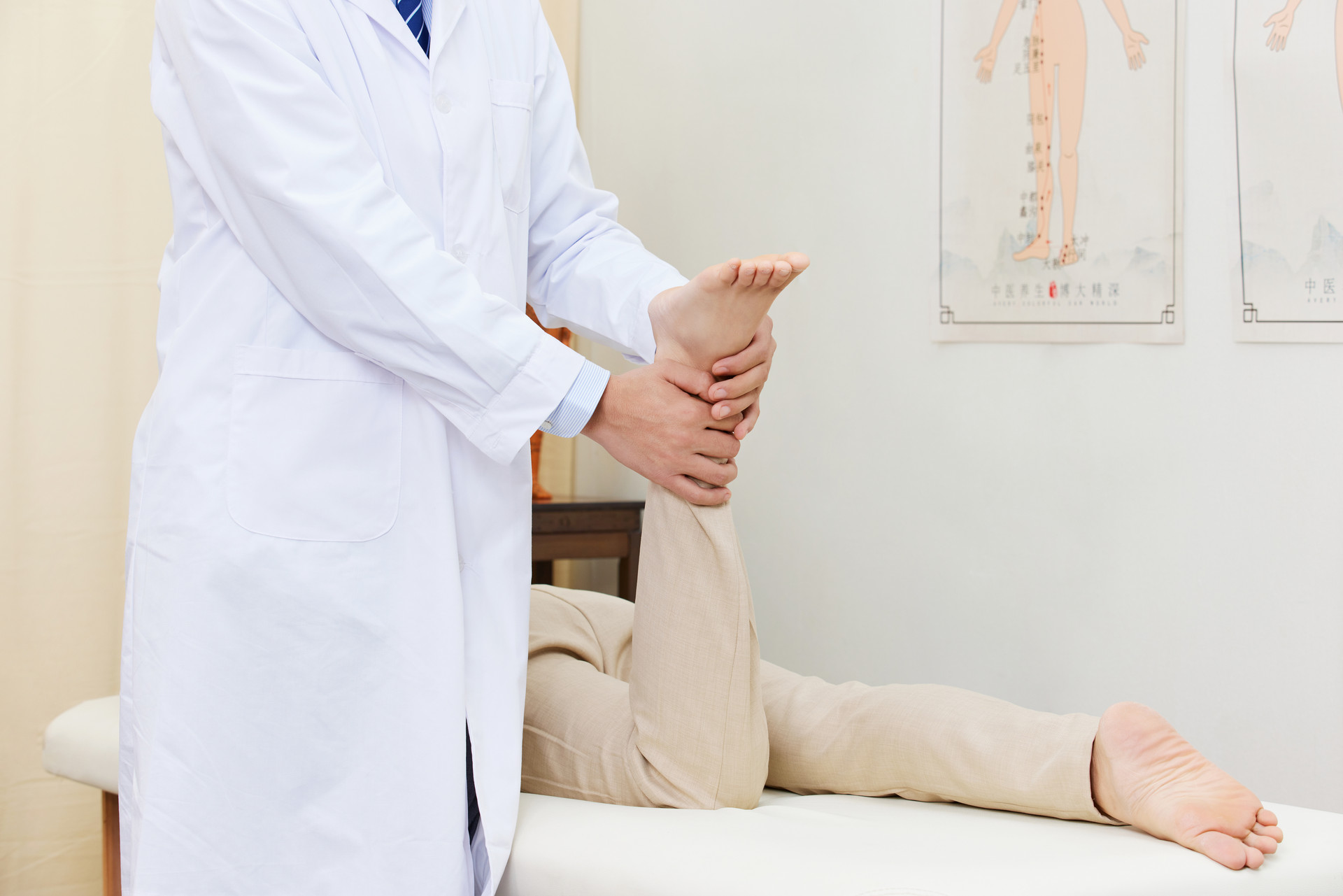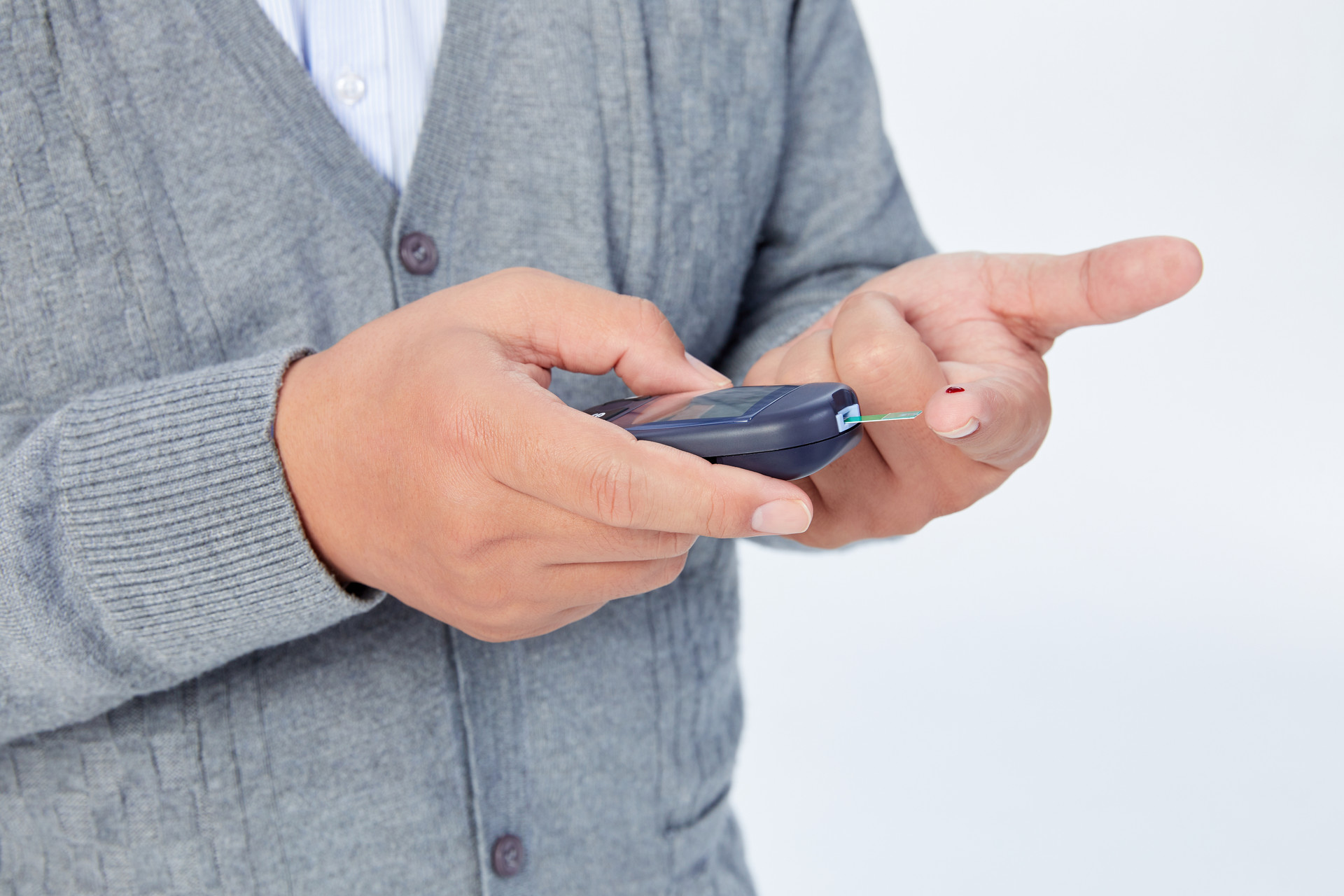Prostate hyperplasia is a common disease among men. With age and chronic inflammation of the prostate, the prostate can enlarge, which is a benign condition. In addition to medication, traditional Chinese medicine massage and diet therapy can be tried!
Prostate Hyperplasia
Benign prostate hyperplasia is classified as "urinary retention" or "semen retention" in traditional Chinese medicine. It is more common in elderly men and is often caused by insufficient Qi, Yin or Yang deficiency of the kidneys, or combined with damp heat and stagnant blood obstruction.
Massage Which Areas to Treat the Prostate
1. Rubbing the Dantian
Lie on your back, overlap your hands and press them on the lower Dantian (located 3 inches below the navel), rotating and rubbing in both directions for 30 times each. Do not apply excessive force or move too fast.
2. Acupressure
Apply pressure to Zhongji acupoint (located on the midline of the abdomen, 4 inches below the navel), Yinlingquan acupoint (located on the inner side of the lower leg, in the depression below the medial condyle of the tibia), and Sanyinjiao acupoint (located on the inner side of the lower leg, 3 inches directly above the highest point of the inner ankle). Apply pressure within the tolerance level.
3. Rubbing the Huiyin acupoint
Lie on your back with your knees bent, rub the Huiyin acupoint gently with the index finger of both hands for 20 times, once in the morning and once in the evening.
Chinese Diet Therapy for the Prostate
[Ginseng and Astragalus Winter Melon Soup]
Ingredients: 15g Codonopsis pilosula, 20g Astragalus, 50g Winter Melon, appropriate amount of MSG, sesame oil, and salt.
Method: Put Codonopsis pilosula and Astragalus in a clay pot, boil in water for 15 minutes, remove the residue and take the liquid. Add the Winter Melon slices while hot, continue cooking until the Winter Melon is edible, and season to taste. Can be served with meals.
Effect: Tonifies the Spleen and Qi, raises Yang and diuresis. Suitable for Qi deficiency (abdominal distension, unsatisfactory urination, urinary incontinence or nocturnal enuresis, fatigue, and laziness).
[Cinnamon Porridge]
Ingredients: 100g glutinous rice, 3g cinnamon, 30g brown sugar.
Method and consumption: First, decoct the cinnamon to obtain a concentrated juice, remove the residue and set aside. Wash the glutinous rice, add water, bring to a boil, then simmer over low heat. When the porridge is almost ready, add the cinnamon juice and brown sugar, simmer for a while, and serve warm. Take it once in the morning and once in the evening. A course of treatment lasts for 3-5 days.
Effect: This recipe is from the book "Zhou Pu" written by Huang Yunhu in the Qing Dynasty. It can tonify the heart and kidneys, warm the spleen, and dispel cold. Suitable for those with heart and spleen yang deficiency (frequent urination, impotence, aversion to cold, cold limbs, cold and painful abdomen, loose stools).










